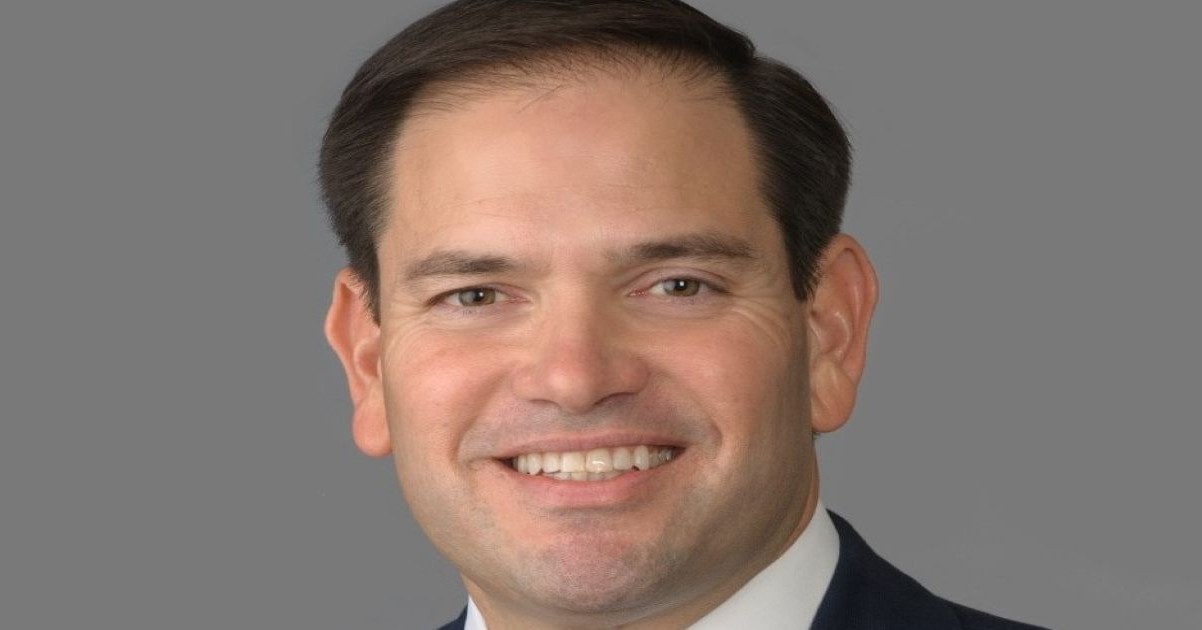Speculation grows about possible replacements following resignation of Canadian Prime Minister Trudeau
Unpopular Canadian Prime Minister Justin Trudeau announced this week that he would be resigning from that role as well as his leadership position with the Liberal Party, though he won't actually step aside until his replacement has been chosen by his fellow Liberals.
One leading contender to replace Trudeau as both head of state and party leader is current Minister of Transport Anita Anand, according to India's Businessworld.
She is just one of several likely candidates in the running to succeed Trudeau, however, and though the situation remains fluid, it is possible that the Liberal Party won't select the replacement for its outgoing leader until a late-March deadline.
A potential new leader emerges
Businessworld heralded Anand for her heritage -- she is Canadian-born of Indian descent -- as well as her leadership experience and relative popularity among the Liberal Party and the Canadian people more broadly.
Born and raised in Nova Scotia, Anand boasts law degrees from multiple prestigious universities and even taught at a few of them before becoming a generally well-respected politician.
Prior to her current role as the Minister of Transport, she served during the covid-19 pandemic as the Minister of Public Services and Procurement, and later served as the Minister of National Defence.
Other likely candidates to replace Trudeau
Minister Anand is far from a lock to be PM Trudeau's replacement, however, and wasn't even mentioned on a Fox News reported list of possible successors for the outgoing prime minister and party leader.
One leading contender is the recently resigned Finance Minister Chrystia Freeland, formerly a close ally of Trudeau, but her close ties to the unpopular leader and combative relationship toward U.S. President-elect Donald Trump could work against her.
Another top possibility is noted economist and former Bank of Canada Governor Mark Carney, who currently runs the Bank of England, though he too is viewed as being too close to Trudeau. The same could be said for former Minister of Public Safety Dominic LeBlanc, who just succeeded Freeland as finance minister, as he has been close friends with Trudeau since they were children and has unofficially served as the PM's "fixer" for troublesome problems.
A few relative "outsiders" and rising stars in the Liberal Party are also reportedly in contention to replace Trudeau, including Minister of Foreign Affairs Melanie Joly, former British Columbia Premier Christy Clark, and former Montreal parliament member and businessman Frank Baylis.
Why is Trudeau resigning and how will he be replaced?
The Independent reported that PM Trudeau's resignation announcement came amid plummeting approval in the polls due in part to inflation and high costs of living, a sharp decline in popularity for his ruling Liberal Party, and dissension within the ranks of his own left-leaning party about how best to handle incoming U.S. President-elect Trump and his threats of tariffs along with trolling about making Canada another U.S. state.
Trudeau was facing mounting calls from his fellow Liberals to step down, and faced the real possibility of losing a no-confidence vote once Parliament reassembles -- a prospect he temporarily delayed by suspending the legislative body until the end of March -- not to mention the increasing likelihood that the opposition Conservative Party will handily win a majority in national elections that are slated for October but could be held earlier.
Meanwhile, the CBC reported that Liberal Party President Sachit Mehra has already scheduled a meeting for party leaders this week to "begin the nationwide democratic process of selecting a new leader of the party."
That process, which is flexible in terms of timing, involves prospective candidates proving their eligibility and a base level of support ahead of a brief period for campaigning followed by district-level ranked-choice voting by party members, with the least popular candidates being eliminated in rounds of ballot counting until one garners a simple majority of votes.





